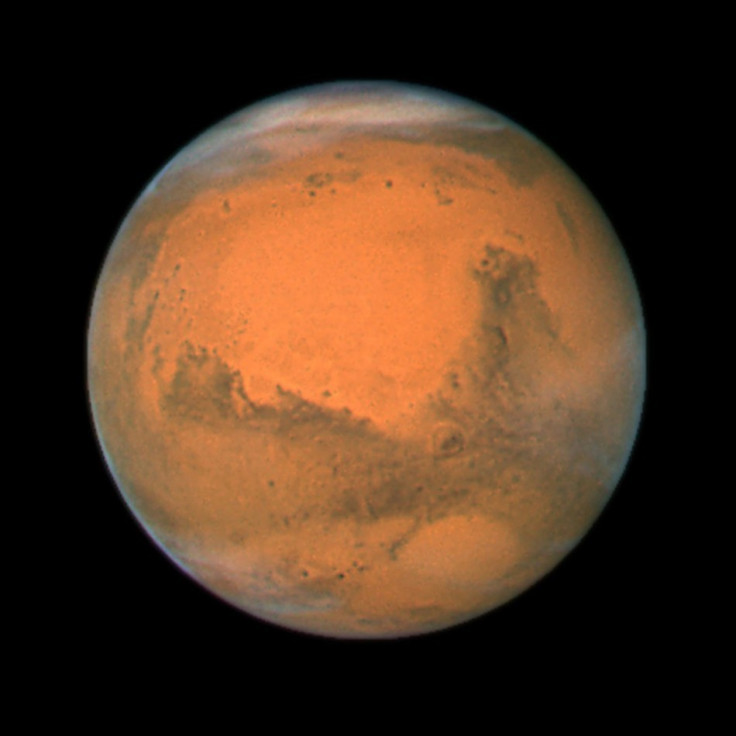UK student project will grow lettuce on Mars in greenhouse unit

A students' project from UK that plans to grow lettuce on Mars is among 10 other university projects to be included as payload on Mars One that will land on the planet in 2018.
The lettuce will be grown in a greenhouse that will use sunlight and atmosphere to grow the plant.
"We have tackled diverse sets of engineering challenges, including aeroponic systems, bio filters, low-power gas pressurisation systems and fail-safe planetary protection systems and then integrated them all into one payload on a tight mass, power and cost budget," said project leader Suzanna Lucarotti from the University of Southampton.
The project £LettuceOnMars, will see the frozen lettuce seeds launched from Earth along with water, nutrients, and units needed for atmospheric processing and electronic monitoring.
Once on Mars, a temperature between 21C to 24C will be maintained. Carbon dioxide would be extracted from the Martian atmosphere and used.
The progress of lettuce will be followed from Earth through the pictures transmitted as the lettuce matures from seed to full plant. Once the mission is completed, the heaters would wipe out any trace of life in the payload, to avoid contamination of the planet.
Experiments such as these seek to study how plants respond to low gravity. The Red Planet has a gravity one-third that of Earth's. The other aspect would be of the effect of cosmic particles that blast the surface of the planet thanks to the lack of a viable atmosphere.
Plant experiments have been done in space under micro-gravity conditions. In 1973 Nasa sent rice seeds on the Skylab in orbit while the Russians grew wheat on the Mir space station. More recently, the ISS has been home to a vegetable production unit.
So far, results indicate that while plants manage to survive, they are not healthy. Plants grown in space have twice the mutations in their genes as they do on Earth with two-fold changes in more than 500 plant genes, pointing to stress.
Terraforming Mars and making it habitable by using microorganisms and plants is among some of the bold ideas suggested by scientists who look for habitable lands outside Earth.
The process could add to the planet's thin atmosphere with mostly carbon dioxide and create a greenhouse effect to heat it and provide a living environment for plants and animals.
Mars One is a Netherlands based project that plans to colonise Mars by 2025 beginning with an unmanned mission in 2018 and subsequent ones from 2024 that will be manned.
© Copyright IBTimes 2025. All rights reserved.





















